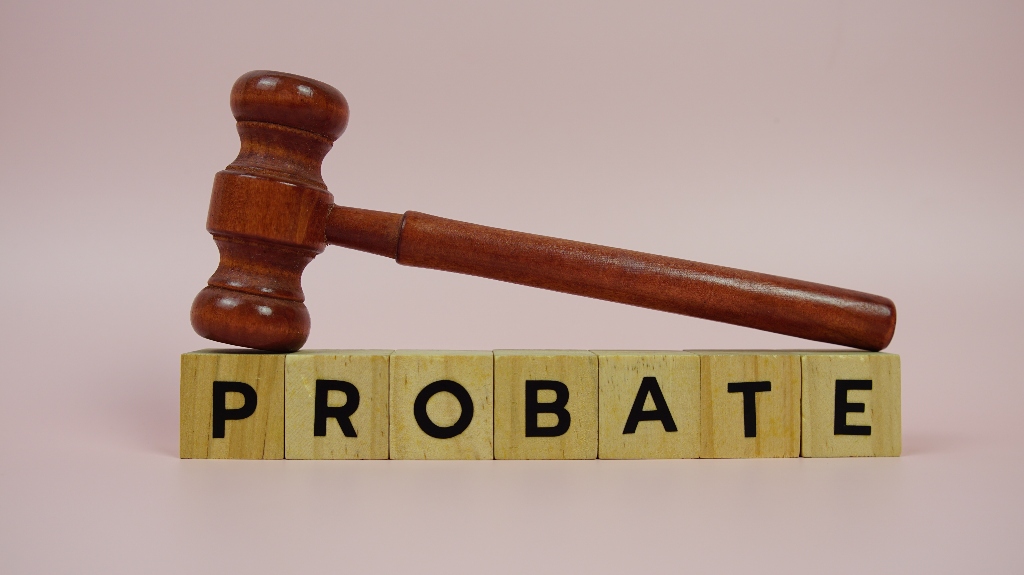Common Probate Disputes and How to Resolve Them in Connecticut

Probate occurs when someone who owns assets passes away. The custodian of the will has 30 days to deliver the will to the probate court. This process applies to the deceased, regardless of whether they had a will. Disputes often arise from this process for many different reasons. For instance, if the will is unclear or contested, if there are disagreements over asset valuation and distribution, or if there are challenges considering the will’s validity. If you are going through probate, read this to get a better understanding of what may arise from it.
Contesting a Will in Connecticut
If you believe that the will doesn’t accurately reflect the deceased’s wishes, you can contest it in the Connecticut probate court. When contesting a will, there are certain steps you need to follow:
- First, you must file an objection to the admission of the will. The objection explains why you want to contest the will, and it puts family members and others on notice of why you think the will shouldn’t be admitted.
- Next, a hearing for the will will be scheduled. This is an opportunity where family members and other parties are able to ask questions or state objections regarding the will.
- Once an objection is filed and the hearing has occurred, the court will set a date for the trial. At the trial, each party has the opportunity to present the information they have found and bring witnesses to testify. At the end, after hearing both parties’ sides of the will, the court will ask to either deny Admission of the Will based on the evidence that it’s not a correct representation of the deceased, or they will decide that the will is correct and it will move forward.
Reasons Why Probate May Occur
There are a few reasons why probate may come into play after a person has passed. If the deceased had assets, only put them in their name with no designated beneficiary. This may occur if it’s an estate, a bank account, an investment account, or any personal property. If there’s no will or issues with the will, you will likely have to go through probate as well.
Why You Should Avoid Probate

Probate can be a lengthy and costly process in Connecticut. It can take up to months or even years to get through, which means the beneficiaries won’t be able to access their assets. The costs can be very expensive as well, which means the value of the estate can decrease. Probate is a public record, which means that a family’s personal financial information will be exposed. Another reason why avoiding probate would be a good idea is that it’s complex, and there’s a chance that it can cause family disputes. Taking the right measures to avoid probate would help avoid all these problems.
Preventing Future Disputes
There are many different steps you can take to prevent probate disputes. Making sure you have an established trust can be helpful. This means that all your assets will be signed by a beneficiary when the person has passed, and they will be distributed without going through the probate process. Another way could be joint ownership. This means that the property will be passed down to the still-living owner. These are just some of the ways to prevent probate. You always want to make sure that your assets are in line for these occasions, so everything is in order.
If you had a scenario come up where there’s a chance you may be headed toward probate court, get in contact with Darius Law Group. They will be able to help you with probate.

